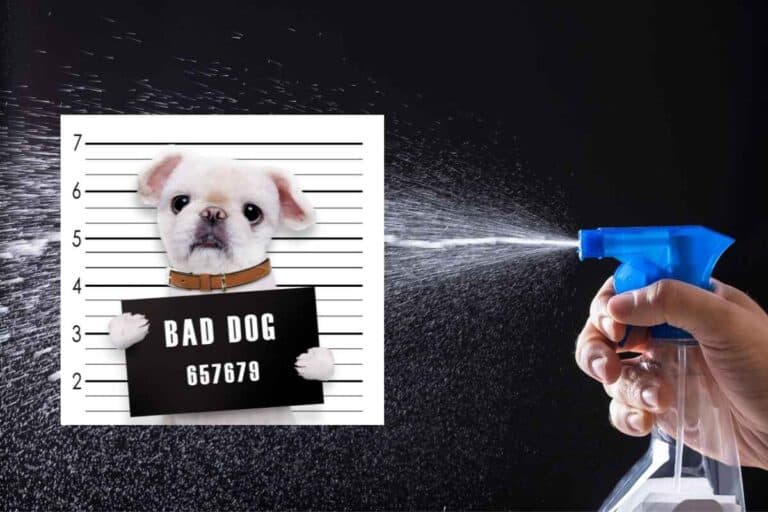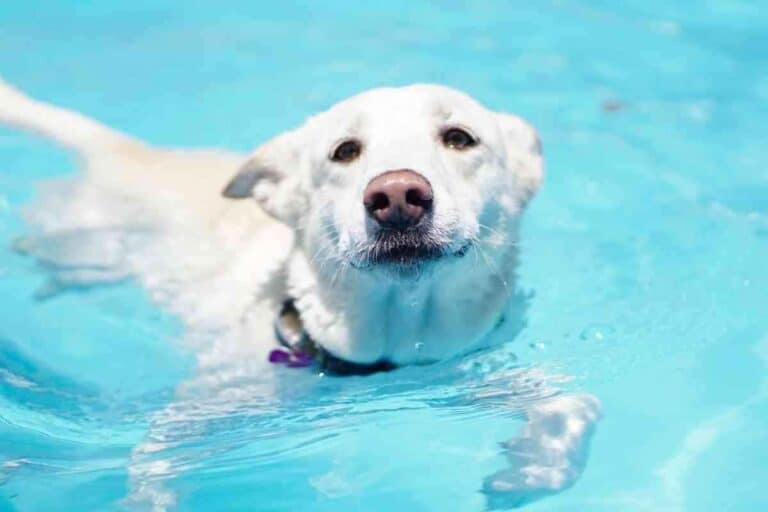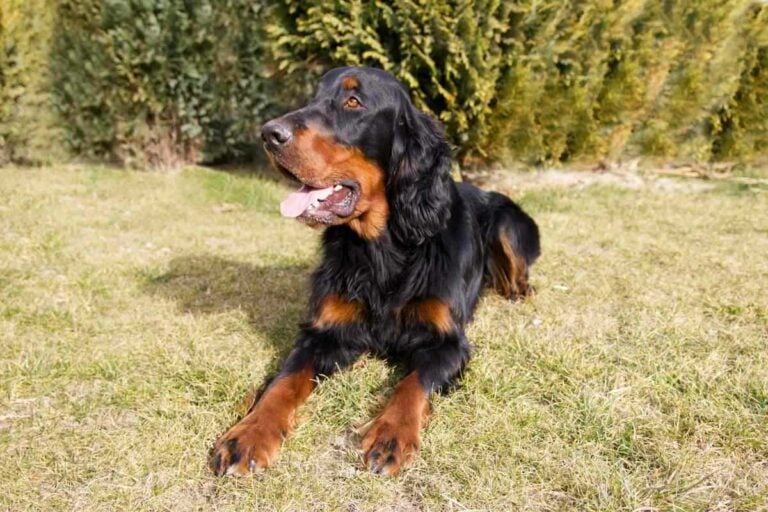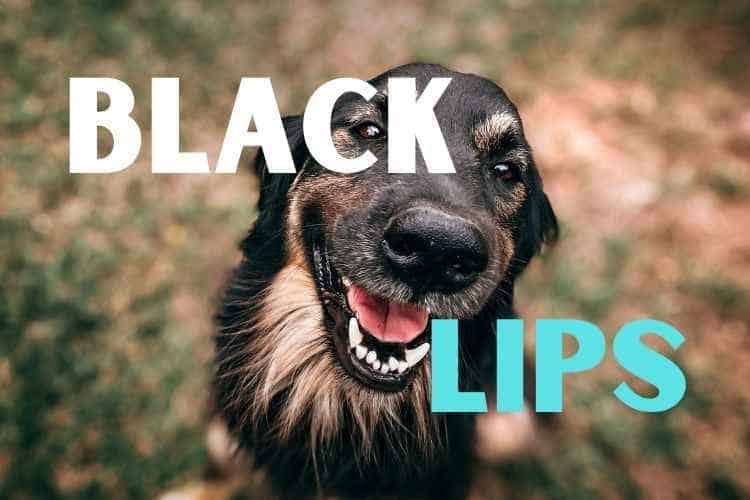Trending Articles

Do Beagles need winter coats?
As the temperatures are dropping and winter is knocking on our door, it’s time to think about what beagles need in their wardrobe. It turns out that…
Recent Articles

When To Spray a Dog with Water – How To & Warnings
Using a water bottle to spray a dog to correct bad behavior is a training method that has been used for decades. I’ve used it off and on with the dogs I’ve owned…

How to Stop Reverse Sneezing in Beagles & Why They Do It
When I first got my Beagle, it didn’t take long for him to have his first reverse sneezing episode. I have to be honest. It freaked me out at first. We were walking…

What Dog Can Kill Coyotes? (12 Dogs Make Our List)
If you have a home that is frequented by coyotes, you know how dangerous they can be. Coyotes are known for killing pets and wildlife to survive. If you want to keep the…

Should I Spray My Dog with Water?
Whether you are trying to train your dog or you’re just playing with them in the backyard, you might be wondering if it’s okay to spray a dog with water. Using a water…

How To Identify a Purebred Saint Bernard
The Saint Bernard is a breed of dog that originated in the Swiss Alps. They are well-known for their friendly and gentle nature, as well as their enormous size. If you’re thinking about…

Do Wheaten Terriers Like To Swim? (Answered!)
Wheaton Terriers are one of my favorite breeds. They have cheerful personalities and radiate the type of energy that only terriers are known for. They were used as working dog, primarily on farms,…

How Long Can a Dog Swim?
If you own a puppy or an adult dog, you might be curious if they know how to swim or not. You might also be wondering how long a dog can swim and…

Dog Friendly Swimming (Beaches, Lakes, Parks, & Pools)
Swimming can be the perfect summer activity to enjoy with your dog, a fun way to bond, get some exercise, and cool down, all at the same time. Swimming can also be a…

Do Springer Spaniels Point? Answered!
Dogs that point are extremely entertaining and can be very useful if you take them hunting. Springer Spaniels are great dogs, but if you’re looking for a pointer, you may be wondering if…

When Will My Springer Spaniel Come Into Season?
If you have a female Springer Spaniel puppy who is still unfixed, it’s important for you to plan for the first time she goes into season. You’ll need some special equipment and you’ll…

Do Springer Spaniels Hunt Rabbits? Answered!
Springer Spaniels are an intelligent and versatile breed of dog. Their swift nature may make you wonder what they were bred for. Hunting rabbits makes sense, right? They are not usually driven to…

Smelly Springer Spaniel? Reasons Why, Ways To Help, & When To Worry
Does your Spring Spaniel chronically stink? It’s a common problem. Some Springer Spaniel parents say their dog stinks even right after the bath; some even say the bath makes it worse! So why…

What Type Of Dog Is A Gordon Setter? Answered!
Gordon Setters are striking-looking dogs that are surprisingly big and powerful. It may seem obvious that the Gordon Setter is, well, a setter, but what does that mean? What type of dog is…

When Do Springer Spaniels Stop Growing?
Springer Spaniel puppies grow up fast. After just a few short months, they’ll be well out of that tiny puppy face and will be full-blown gangly dogs. But they aren’t done growing just…


